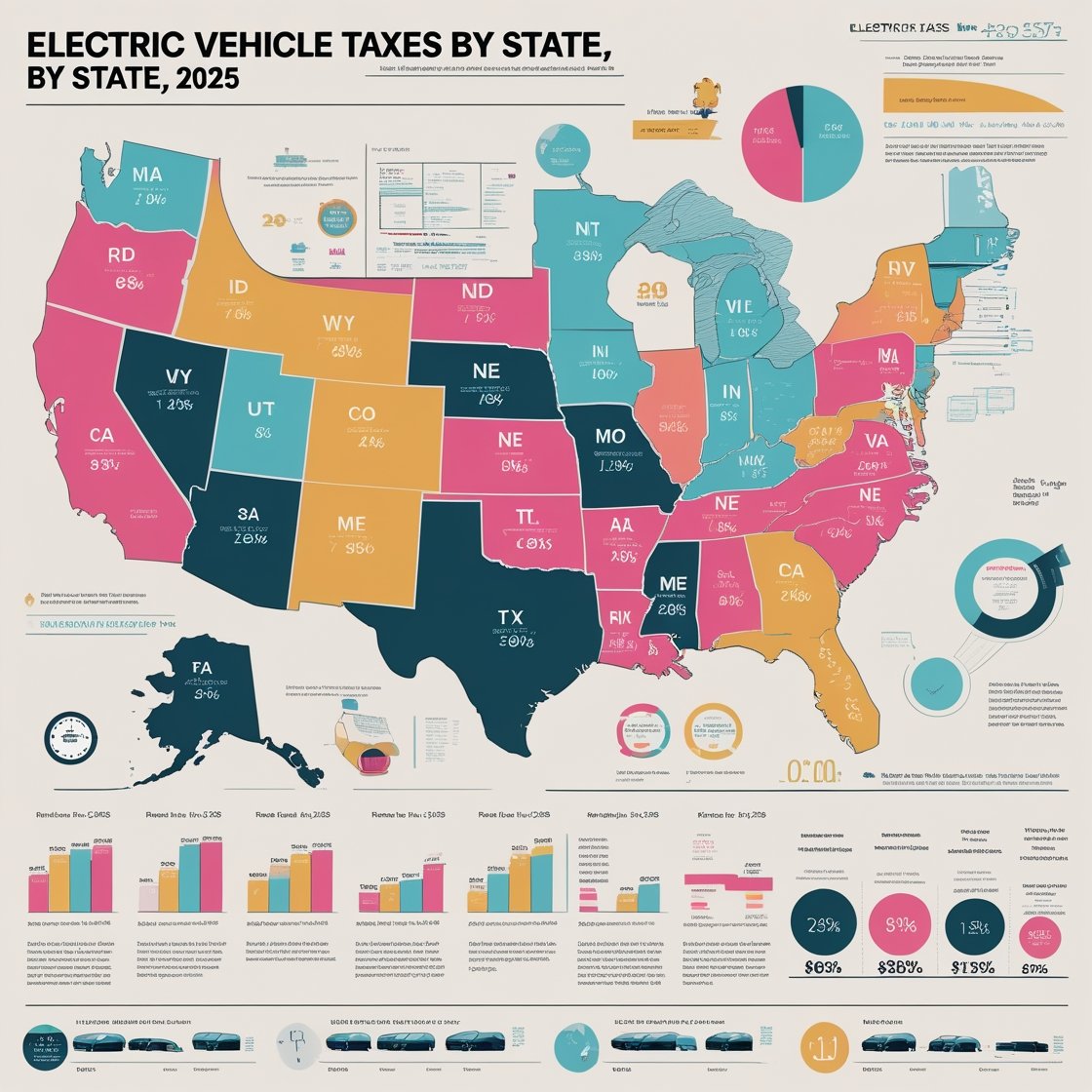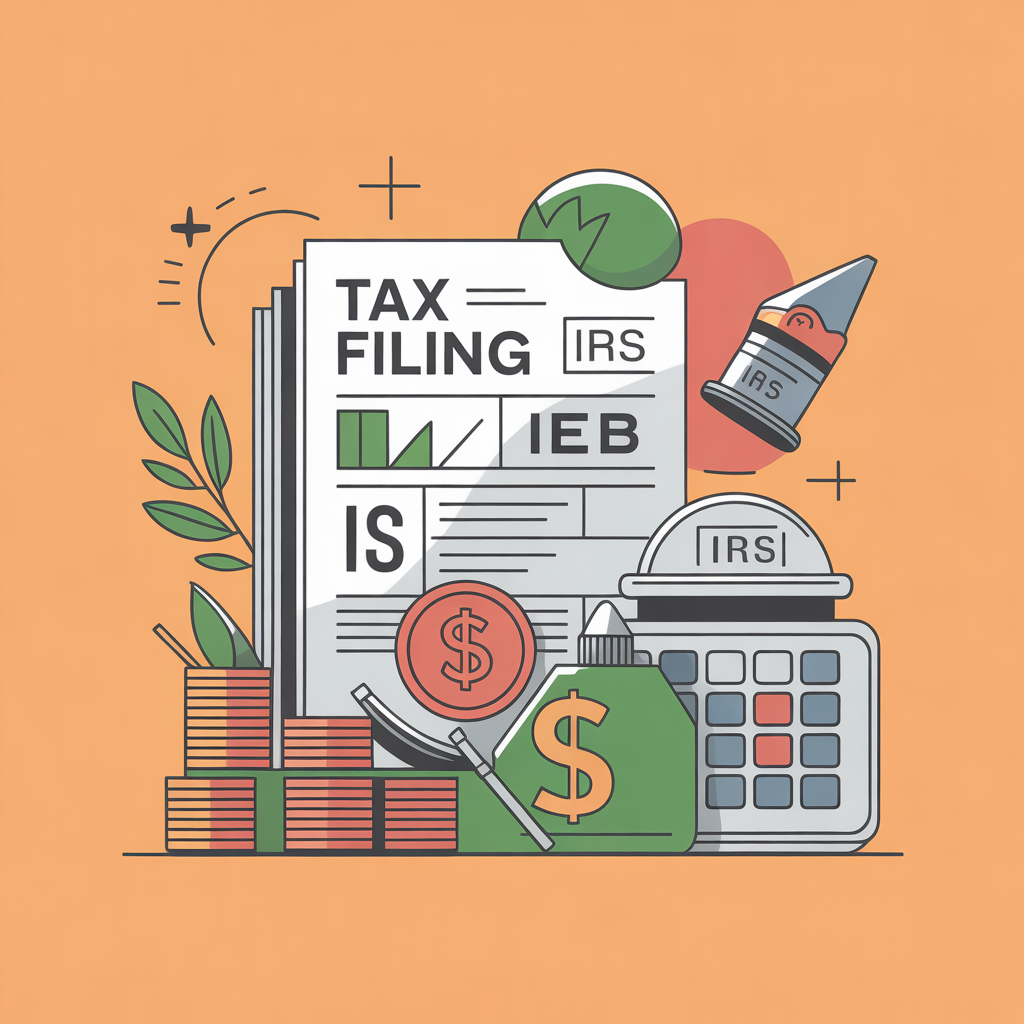The electric vehicle (EV) market is booming in 2025, driven by innovation, sustainability goals, and strong government incentives. While EV adoption continues to grow, understanding tax credits, rebates, and additional costs by state is crucial for making the most cost-effective decision.
In this guide, we’ll break down federal EV tax credits, state-specific programs, registration fees, and trends to watch this year.
Federal EV Tax Credit – What’s Still Available in 2025?
The federal EV tax credit has been a major motivator for EV adoption. Here’s the current status:
- New EVs: Eligible buyers can claim up to $7,500 if the vehicle meets U.S. assembly, battery sourcing, and price/income requirements.
- Used EVs: You can still get up to $4,000, provided the vehicle is at least two years old and meets eligibility rules.
- Deadline Alert: These credits expire on September 30, 2025. After that, federal incentives will no longer be available, making now an excellent time to purchase.
State-Specific EV Taxes and Incentives for 2025
While the federal government provides a base incentive, states offer additional perks—or sometimes extra costs—depending on where you live. Here’s a breakdown:
- States Offering Strong Incentives
- California: Planning new rebate programs to fill the gap after federal credits expire.
- Colorado: Offers up to $5,000 in state tax credits for EV buyers.
- Maine: Rebates of up to $7,500 for battery electric or plug-in hybrid vehicles.
- Massachusetts: Up to $4,000 incentive plus sales and use tax exemptions.
- Connecticut: CHEAPR program provides rebates up to $7,500, with higher amounts for income-qualified households.
- Oregon: Standard rebate of $2,500, and up to $7,500 for low-income buyers.
- Vermont: Rebates of $4,000 for new EVs and $5,000 for used EVs under Drive Electric Vermont.
- Washington: Combines sales tax exemptions with rebates up to $5,000, plus charging infrastructure support.
- States with Limited or No Incentives
Not every state offers financial support. In fact, some states impose higher registration fees for EV owners:
- Indiana: No rebates; annual EV registration fee is $214.
- Michigan: Offers $2,000 rebate, but applies a 6% sales tax on EVs.
- Illinois: Rebates start at $4,000, but will decrease in future years. Extra EV registration costs apply.
Additional Costs: Registration & Road Use Fees
Because EVs don’t pay fuel taxes, many states have introduced annual EV fees to fund road maintenance. These fees typically range from $100 to $250 per year, depending on the state.
Key Takeaways for 2025
- Act Fast: The federal tax credit ends September 30, 2025.
- Stack Incentives: Combine federal and state benefits for maximum savings.
- Check Local Programs: Many utilities offer charging station rebates or time-of-use electricity rates, which can further reduce costs.
The EV tax landscape in 2025 is a mix of opportunity and complexity. While federal credits are phasing out, many states—and even local utilities—are stepping up with new rebates and incentives.
Before you buy your next EV, check both federal and state programs, factor in any additional fees, and act soon to lock in the best savings.
Contact us: +1 (972)-996-6644
Email us : info@theriwa.com Visit our website : https://theriwa.com/






